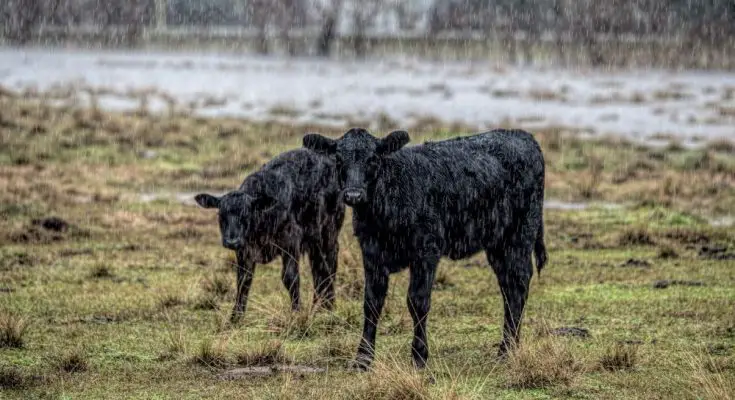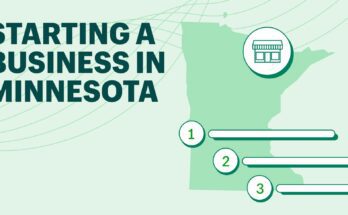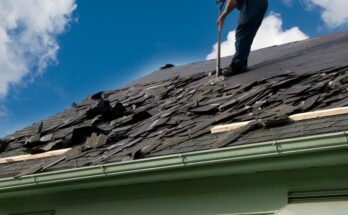Storms can hit at any time and cause massive damage to your farm while costing you a lot of money if you aren’t ready. That’s why you should learn how to protect your farm from the bad storms that run through. Outside of watching the weather reports and having insurance, there’s a lot you can do for your farm.
Stock Up on Supplies
The first thing you can do is stock up on supplies you’ll need every day. This will help you if some of your stock goes to waste or you can’t refill it because of the weather. Additionally, getting emergency supplies for your plants and animals is useful if anything goes wrong, even if it’s not a storm.
Prepare Emergency Procedures
You never want to be off guard when it comes to severe weather, so preparing plans in advance that you and all your workers can follow is key. These plans are vital for quick and efficient responses that won’t leave anything behind and will protect everything possible.
Get Protective Equipment
Investing in gear and equipment that can withstand storms will prevent a lot of issues. Additionally, failsafe protections to keep vital equipment safe is a good idea. For example, float valves are among the best ways to avoid water contamination.
Go to High Ground
Water travels to and gathers at the lowest points possible, which can cause flooding in heavier rains. Floods are huge safety risks and can endanger both people and livestock, which is why moving to high ground is important in protecting your farm from severe storms. Building shelters for both people and livestock on the highest points of your farm can save their lives and prevent major flooding issues.
Check for Damage Afterward
After the storm comes and goes, the first thing you should do is ensure the safety of everyone and then go out to identify any damage. Check all your vital systems for any signs of damage and record anything you find. Be careful when doing this, as the storm could have made places unsafe.
As long as you follow these tips, follow weather patterns, and get insurance, storm damage won’t be so bad for your farm. Just always remember to protect your workers first when making your safety procedures.



